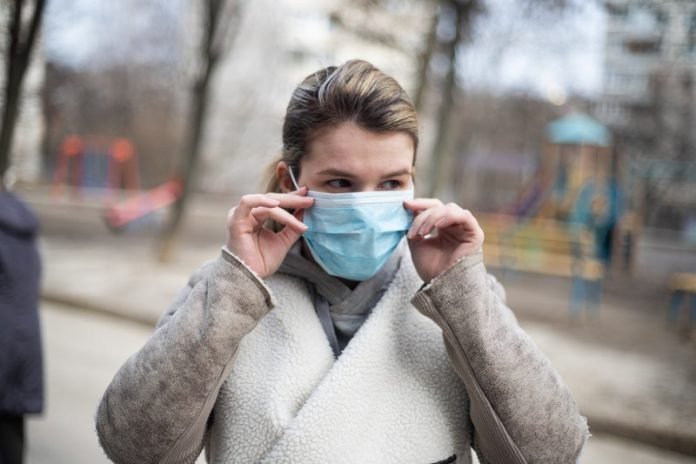
The wide variation in the severity of disease caused by SARS-CoV-2, the virus behind COVID-19, has puzzled scientists and clinicians.
SARS-CoV-2 can cause anything from a symptom-free infection to death, with many different outcomes in between.
In a recent study at the National Institutes of Health and elsewhere, researchers found why some people with COVID-19 develop severe disease.
The findings also may provide the first molecular explanation for why more men than women die from COVID-19.
The study is published in Science. One author is Helen Su, M.D., Ph.D.
From February 2020, the researchers enrolled thousands of COVID-19 patients to find out whether a genetic factor drives these disparate clinical outcomes.
The team found that more than 10% of people who develop severe COVID-19 have misguided antibodies―autoantibodies―that attack the immune system rather than the virus that causes the disease. Most of those patients were men.
Another 3.5% or more of people who develop severe COVID-19 carry a specific kind of genetic mutation that impacts immunity.
Consequently, both groups lack effective immune responses that depend on type I interferon, a set of 17 proteins crucial for protecting cells and the body from viruses.
Whether these proteins have been neutralized by autoantibodies or―because of a faulty gene―were produced in insufficient amounts or induced an inadequate antiviral response, their absence appears to be common among a subgroup of people who suffer from life-threatening COVID-19 pneumonia.
These findings are the first published results from the COVID Human Genetic Effort, an international project spanning more than 50 genetic sequencing hubs and hundreds of hospitals.
Copyright © 2020 Knowridge Science Report. All rights reserved.



